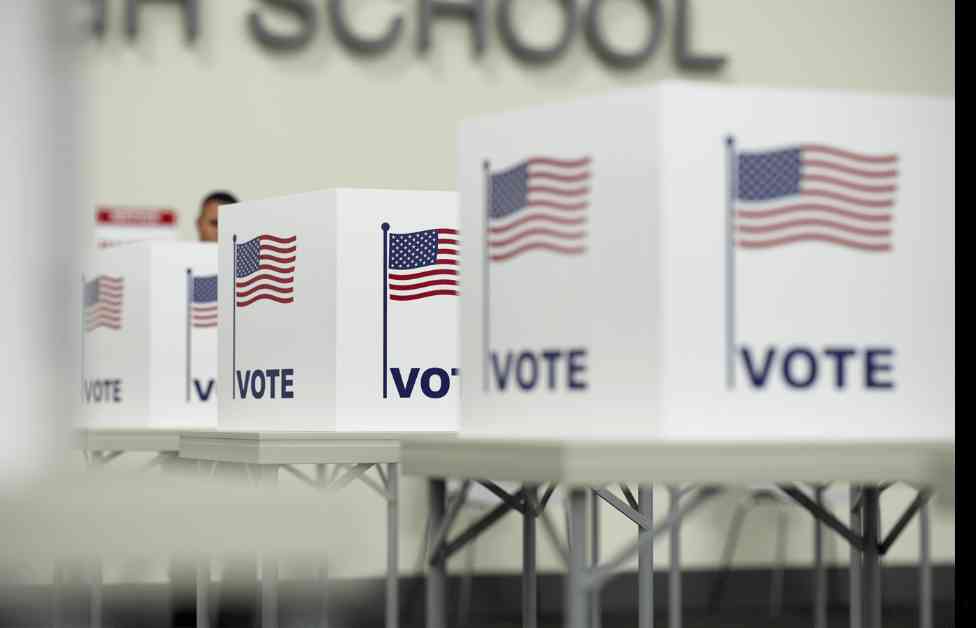The Republican and Democratic parties have taken fundamentally different stances on school choice issues. Republicans have embraced “universal school choice” in their 2024 platform, while Democrats have criticized vouchers and called for stricter regulations on charter schools. This has led to a situation where supporters of school choice are urged to back Donald Trump and oppose Kamala Harris.
However, despite this advice, it may actually be more beneficial for school choice advocates if a Democrat wins the presidency in the upcoming election. This may seem counterintuitive, but the reality is that most decisions regarding school choice are made at the state and local level, not by the federal government. Governors play a crucial role in determining the fate of school choice initiatives in their states. For example, in Kentucky, a charter school bill was passed despite the governor’s veto, while in Pennsylvania, an ESA bill was vetoed by the governor, effectively halting progress on school choice.
Governors have significant power to shape the educational landscape in their states. In recent years, governors in states like Florida, West Virginia, Utah, Oklahoma, and Arizona have successfully pushed through legislation to expand school choice options. Even in states where governors have opposed school choice measures, such as Texas, their influence can still be felt through their ability to sway legislative outcomes.
Looking ahead to the 2024 election, the balance of power in state governments is expected to remain relatively stable, with only minor shifts in gubernatorial seats. However, the real opportunity for change lies in the 2026 midterms, where a larger number of gubernatorial seats will be up for grabs. Historically, the party in the White House tends to lose ground in the midterms, creating opportunities for the opposition party to make gains.
The outcome of elections can have a significant impact on school choice policies. For example, the response to school closures during the pandemic highlighted the importance of educational alternatives and increased support for school choice options in many states. Despite the political climate, states like Iowa, Utah, Arkansas, Florida, Oklahoma, Ohio, South Carolina, Indiana, Nebraska, and Montana have all passed choice legislation in recent years.
Ultimately, the success of school choice initiatives hinges on their ability to deliver results for students and families. While political victories can shape the landscape of education policy, the real test lies in the effectiveness of these programs in meeting the needs of students. The future of school choice will be influenced by a combination of political decisions, educational outcomes, and the priorities of voters.




